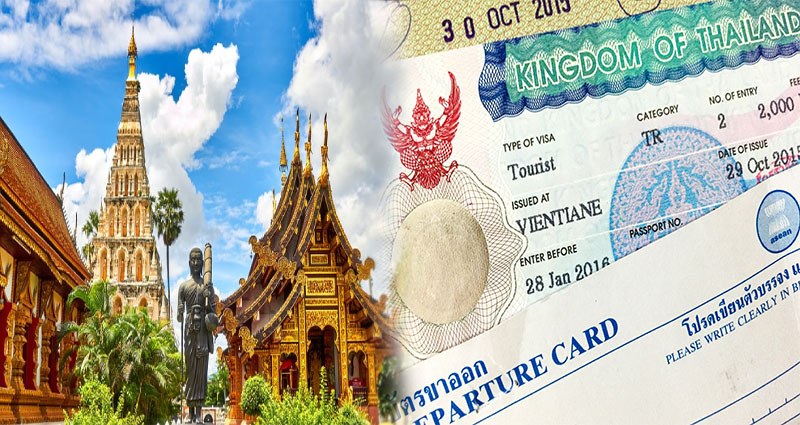Traveling to Risky Countries: Precautions to Ensure Safety
Traveling to new and exciting destinations can be a thrilling experience, but when it comes to visiting risky countries, it is essential to prioritize safety and take necessary precautions. Whether you’re an adventurous traveler or have a business trip planned, it is crucial to be well-prepared and informed. In this article, we will discuss some key precautions to ensure your safety when traveling to risky countries.
Research and Planning
Before embarking on your journey, thorough research and planning are crucial, especially when traveling to countries with potential risks. Here are some steps to take:
- Check Travel Advisories: Review the travel advisories issued by your government or reputable sources such as the U.S. Department of State or the UK Foreign and Commonwealth Office. These advisories provide important information about potential risks, safety concerns, and travel restrictions for specific countries.
- Learn About Local Laws and Customs: Familiarize yourself with the








